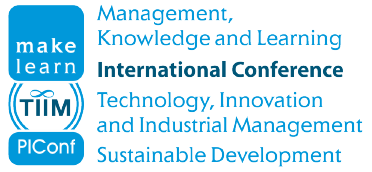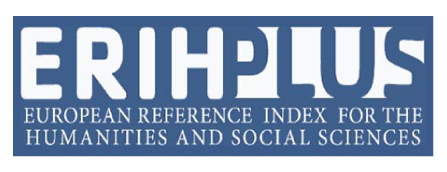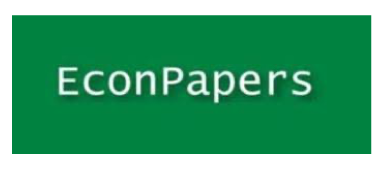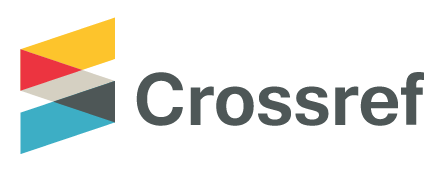Construct for Workplace Learning: Experiences from the Third Sector
DOI:
https://doi.org/10.53615/2232-5697.10.195-204Keywords:
workplace learning, third sector, complex and wicked problems, service deliveryAbstract
Purpose: Effective workplace learning is evitable. The expectation of the workers today includes performing the tasks and learning while performing these tasks. Thus, the study attempts to develop a construct, based on the two cases from the Third Sector organizations. For this sector, due to the scope of work and limited resource, learning capability is essential for the success in its operations. This circumstance is essential for the construct development.
Study design/methodology/approach: The methodology is based on two cases in Thailand for social services. The case study is based on two complex problems which cannot be tackled by an organization or agency alone. Activities and work performed are examined. The commonality of these two cases is then identified with the support from literature reviews for the development of a construct.
Findings: Learning has become part of the work performed. The contributors to workplace learning, based on two cases, are identified for the development of a construct. They are: workplace engagement, stakeholder engagement, clarity of roles and expectation, informal learning, and limited resources to support operations. When faced with complex problems, an organization cannot rely entirely on training to prepare its workforce.
Originality/value: The construct can be a foundation for future study on workplace and human learning within an organization. Observing and retrieving key findings from the Third Sector for workplace learning should provide a credible basis for future studies. The reason is the need for the Third Sector to be creative in solving complex problems while meeting the expectation of the general public. The findings point to the importance of facilitating learning in a workplace which can be applicable to other organizations in the private and public sectors.
Downloads
Downloads
Published
License
Copyright (c) 2021 Bordin Rassameethes , Sasivimol Meeampol , Kurniadi Setiono , Kongkiti Phusavat

This work is licensed under a Creative Commons Attribution-ShareAlike 4.0 International License.















